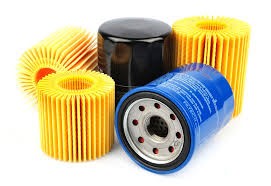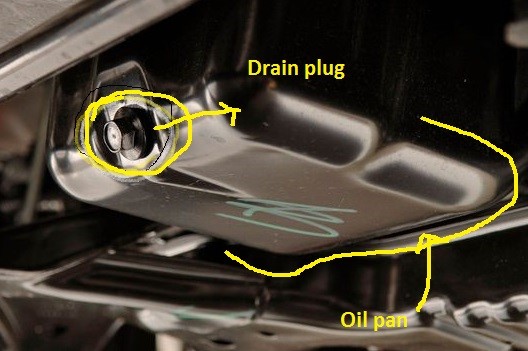The oil in a car’s engine serves a number of functions, including lubricating the moving parts (which are placed under immense pressure whenever the car is running); keeping the engine clean by preventing the buildup of debris and flushing any grime away; keeping the engine cool so that it can run at a stable temperature; improving the gas mileage of the vehicle; and promoting the longevity and reliability of your vehicle.
As time passes, some of the oil is burned up in the fuel tank when the engine ignites, and whatever is left becomes less effective as is sits around in the oil tank, ageing. It is for this reason that the car’s oil levels and oil quality must be given just as much care and attention as the other parts of the engine, and needs frequent topping up or changing.
In your new BMW, it is recommended that your first oil change should be approximately a year after you purchased it, or 10,000 miles, whichever is sooner. This is usually offered as a complementary servicing by a BMW garage. However, other car manufacturers suggest that your oil should be changed every six months or after 5,000 miles.
Knowing which the most accurate estimate is hard to say, and it varies between every model of car. Checking the manual for your vehicle will give you a better idea for when you should consider first changing the oil, but this will again depend on how you use your vehicle and the conditions in which it is kept. Older cars will go through oil faster than a brand new one, and cars used for intensive haulage or off-roading will also have a higher requirement for fuel. In these cases it may be desirable to change the fuel as frequently as every 1,000 miles.
Whilst it is desirable to get your car’s oil changed by a licensed garage, it is still possible to do it yourself from the comfort of your own garage:
- To begin with, ensure that you are working on hard, flat ground and that the existing oil will be cool by leaving the car turned off for a while. Even a short drive can heat your car’s oil up to the whopping temperature of 480°F (250°C).
- First, drain the existing oil from the oil tank from the bottom of your car.
- Remove the old oil filter (you may need to use an oil filter wrench).
- Lubricate the rubber gasket on the end of the filter. You should use some of the new oil to do this.
- Fill the new oil filter until it is about ⅔ full.
- Screw the new oil filter back into place by turning it in a clockwise direction. Screw it on as tightly as you can by hand.
- Refill the engine with oil. Always check first how much oil your engine will hold and fill to ¾ of that volume.
Managing the oil well for your car by not letting it get so low that the oil alert appears on your dashboard may seem expensive and time consuming in the short term. However, as time goes by you will reap the rewards in the form of a healthy and long-living engine which does not need for numerous repairs and replacement parts.
RELATED ARTICLES:
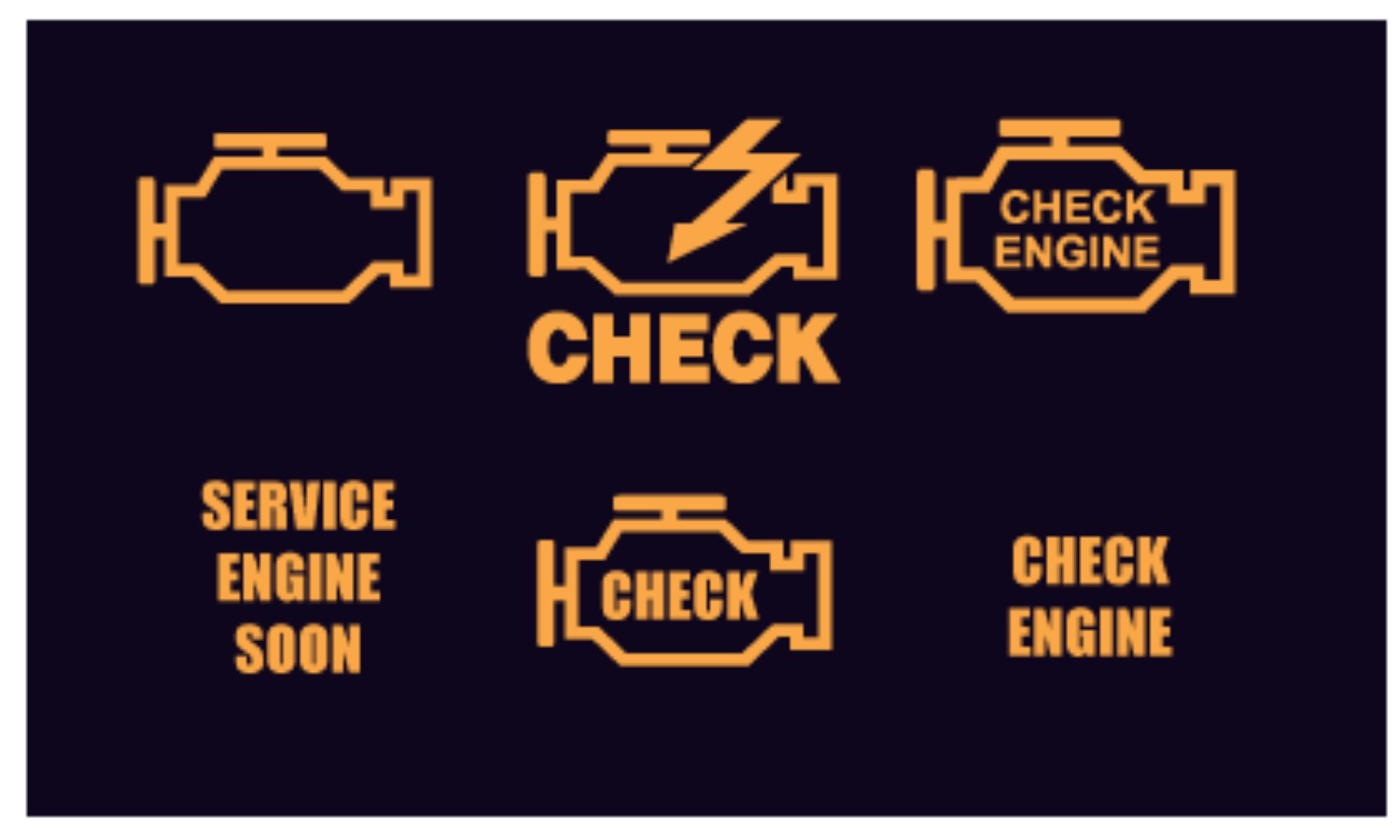
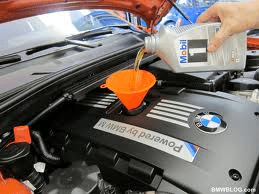 The
The 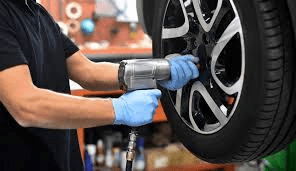 Tires need to be in optimal condition for any drive you take. Older tires or those with worn out tread can potential blowout while driving. This is a very unsafe condition. Tire rotation will move the worn tires to the non-driving axle for better durability. However, if after a tire inspection you need to have a tire replaced, you should do so before hitting the road. A tire popping while out on the road will mean costly towing service and delays. Tire rotation is a simple service that should be done periodically and is part of most manufacturers recommended routine service.
Tires need to be in optimal condition for any drive you take. Older tires or those with worn out tread can potential blowout while driving. This is a very unsafe condition. Tire rotation will move the worn tires to the non-driving axle for better durability. However, if after a tire inspection you need to have a tire replaced, you should do so before hitting the road. A tire popping while out on the road will mean costly towing service and delays. Tire rotation is a simple service that should be done periodically and is part of most manufacturers recommended routine service.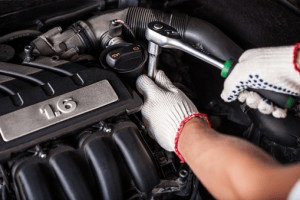 A tune up can go a long way in an older vehicle that has some higher mileage on it. A common problem with vehicles is random misfires. It can cause power loss and stuttering in the motor. An easy way to correct this problem and give you a smoother ride is replacing the spark plugs and wires. Roseville BMW Mechanic, Ryan GMW can run diagnostics on your BMW to find out the source of your check engine light if there is one illuminated, and perform a tune-up.
A tune up can go a long way in an older vehicle that has some higher mileage on it. A common problem with vehicles is random misfires. It can cause power loss and stuttering in the motor. An easy way to correct this problem and give you a smoother ride is replacing the spark plugs and wires. Roseville BMW Mechanic, Ryan GMW can run diagnostics on your BMW to find out the source of your check engine light if there is one illuminated, and perform a tune-up. The engine of your car is the heart of the vehicle. It would make sense that you should have maintenance done on it, to keep it running at its best. One of the most honest services you can have done routinely is to have an oil change. An
The engine of your car is the heart of the vehicle. It would make sense that you should have maintenance done on it, to keep it running at its best. One of the most honest services you can have done routinely is to have an oil change. An 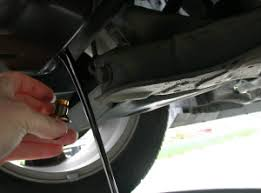
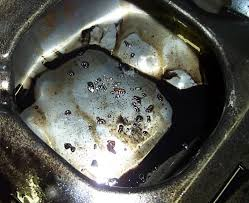
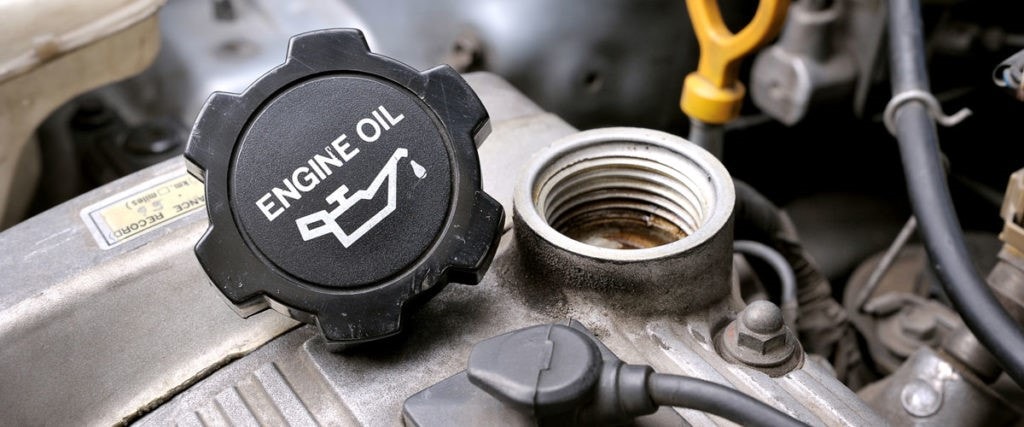 A regular
A regular 